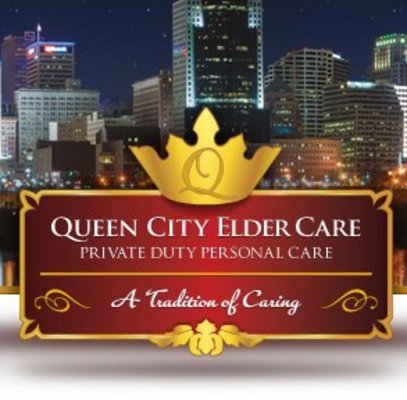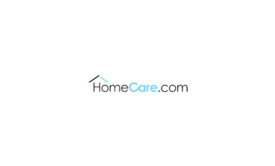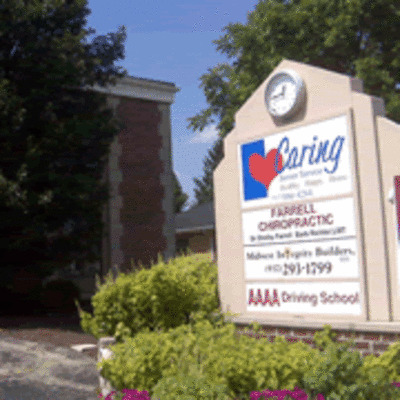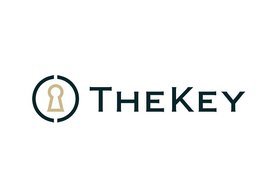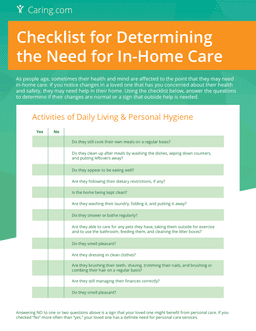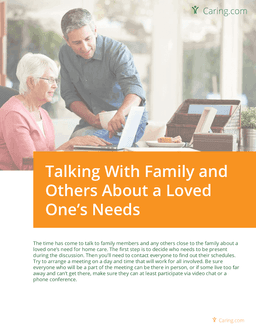The Black Stone Family of Home Care Services, through a variety of care options, meets in-home care needs of the elderly and disabled. Our 500+ nurses, therapists, and home care aides are people with a passion to make life easier for our clients. From companionship to nursing, we help the frail and disabled remain safe, active and comfortable in the familiar surroundings of home.
Through various home care services and funding sources, the Black Stone Family of Care is ready to assist with any home care need. Our family of in-home care services includes:
Home Healthcare -- skilled medical care, nursing and therapy services covered by Medicare, Medicaid, and most insurances
Assisted Care -- non-medical care through income-eligible programs such as PASSPORT, ESP, Comcare, Senior Levy, and VA
MJ Nursing -- in-home, privately paid, non-medical services tailored to a client's specific personalized needs
Care Advisors -- privately paid geriatric care management to assist with health concerns and options for care short or long term
With many programs and a variety of funding sources, we match in-home care programs to best suit each situation. Black Stone proudly offers a variety of home care services in the following southwestern and central Ohio counties: Butler, Clark, Clermont, Clinton, Franklin, Greene, Hamilton, Madison, Miami, Montgomery, Warren, and neighboring counties.Through various home care services and funding sources, the Black Stone Family of Care is ready to assist with any home care need. Choose from the list of our services below to learn more. Our family of in-home care services includes:
Home Healthcare -- skilled medical care, covered by Medicare.
Available in Montgomery, Clark, Greene, Miami, Warren, Butler, Clinton, Hamilton, and Clermont counties.
Assisted Care -- non-medical care through income-eligible programs such as PASSPORT, ESP, Comcare, Senior Levy, and VA.
Available in Montgomery, Clark, Greene, Miami, Warren, Butler, Clinton, Shelby, Hamilton and Clermont counties
MJ Nursing -- in-home, privately paid, non-medical services.
Available in Montgomery, Clark, Greene, Miami, Warren, Butler, Clinton, Hamilton, and Clermont counties.
Care Advisors -- privately paid geriatric care management to assist with health concerns.
Available in Warren, Butler and Hamilton counties.
